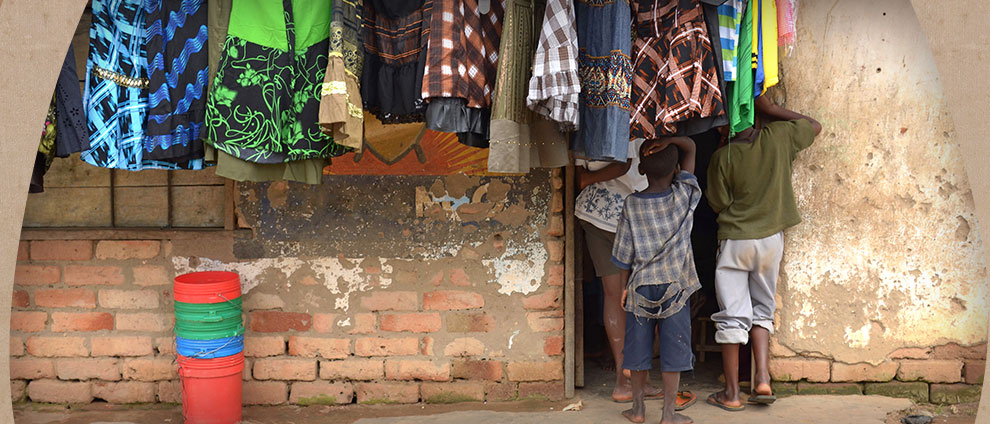

I recently came across a fantastic TED Talk by Nigerian Author Chimamanda Ngozi Adichie. She talks about the problem with stereotypes being, as quoted above. I liked this description and immediately saw how it related to MH and our work in Africa. We want everyone to know that 'poor' and 'ill health' and 'dysfunctional health system' are not the whole picture of Uganda, or Africa, or any other developing country. Not by a long shot. Read on for some of her profound words, or click here to watch the talk.
"I come from a conventional, middle-class Nigerian family. My father was a professor. My mother was an administrator. And so we had, as was the norm, live-in domestic help, who would often come from nearby rural villages. So, the year I turned eight, we got a new house boy. His name was Fide. The only thing my mother told us about him was that his family was very poor. My mother sent yams and rice, and our old clothes, to his family. And when I didn't finish my dinner, my mother would say, "Finish your food! Don't you know? People like Fide's family have nothing." So I felt enormous pity for Fide's family.
Then one Saturday, we went to his village to visit, and his mother showed us a beautifully patterned basket made of dyed raffia that his brother had made. I was startled. It had not occurred to me that anybody in his family could actually make something. All I had heard about them was how poor they were, so that it had become impossible for me to see them as anything else but poor. Their poverty was my single story of them.
Years later, I thought about this when I left Nigeria to go to university in the United States. I was 19. My American roommate was shocked by me. She asked where I had learned to speak English so well, and was confused when I said that Nigeria happened to have English as its official language. She asked if she could listen to what she called my "tribal music," and was consequently very disappointed when I produced my tape of Mariah Carey. (Laughter) She assumed that I did not know how to use a stove.
What struck me was this:
She had felt sorry for me even before she saw me. Her default position toward me, as an African, was a kind of patronising, well-meaning pity. My roommate had a single story of Africa: a single story of catastrophe. In this single story, there was no possibility of Africans being similar to her in any way, no possibility of feelings more complex than pity, no possibility of a connection as human equals.
... After I had spent some years in the U.S. as an African, I began to understand my roommate's response to me. If I had not grown up in Nigeria, and if all I knew about Africa were from popular images, I too would think that Africa was a place of beautiful landscapes, beautiful animals, and incomprehensible people, fighting senseless wars, dying of poverty and AIDS, unable to speak for themselves and waiting to be saved by a kind, white foreigner. I would see Africans in the same way that I, as a child, had seen Fide's family."
- Liesl Shipard